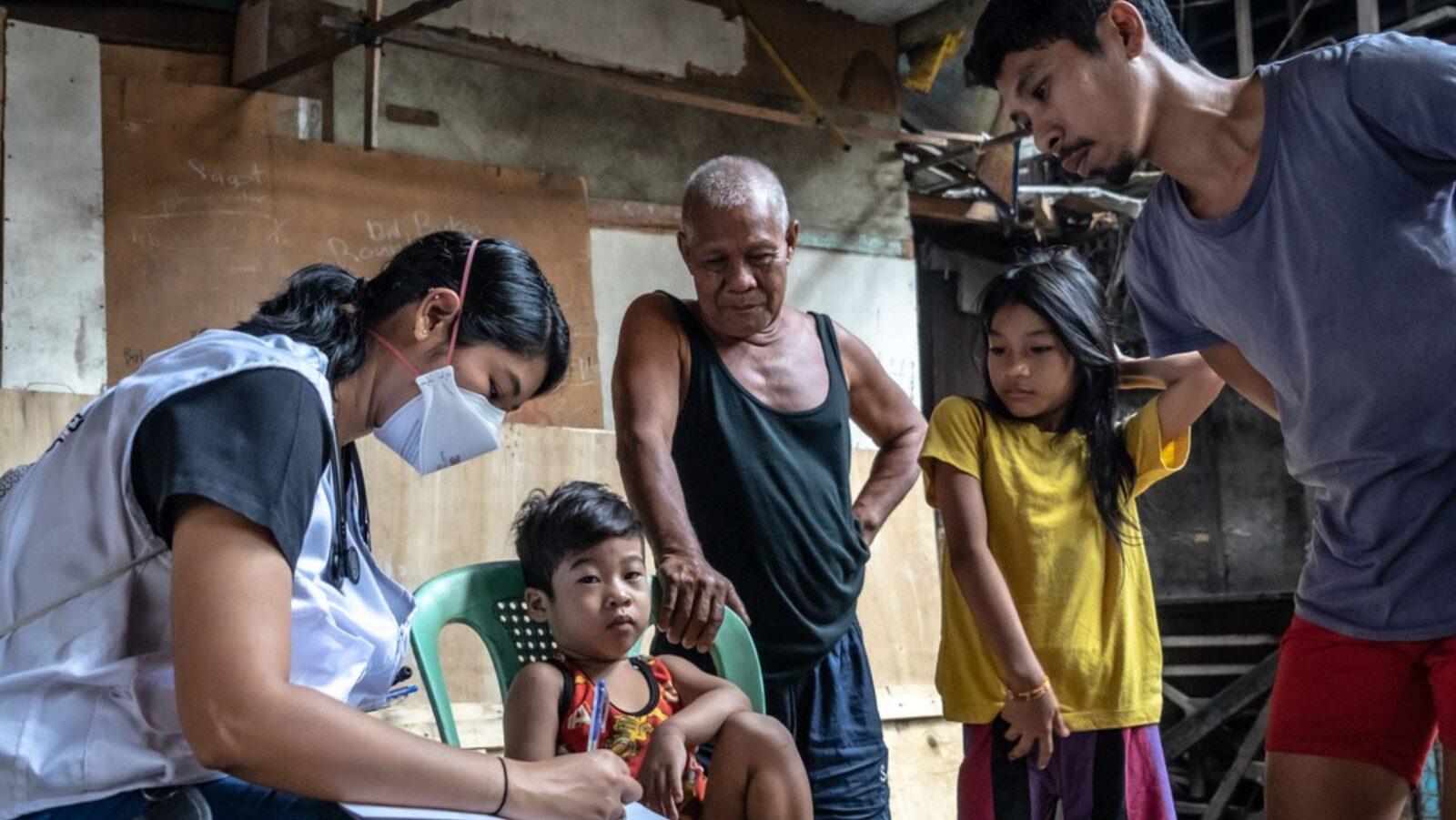
ICYMI: Science and technology updates from March 1 to 7, 2021.
DOST: Endangered tawilis successfully reared outside of Taal Lake
The Department of Science and Technology (DOST) recently announced that the endangered Sardinella tawilis, the world’s only freshwater sardine, has been successfully reared alive away from Taal Lake, the only place where it can be found in nature. After the phreatic eruption of Taal Volcano on January 12, 2020, the DOST-Philippine Council for Agriculture and Aquatic Resource Research and Development (DOST-PCAARRD) commissioned the Limnological Station of the University of the Philippines Los Baños (UPLB-LS) to implement the project, a pioneering effort and breakthrough in tawilis conservation. Read the full story.
Primate ancestor of all humans likely lived alongside the dinosaurs
Fossils from an ancient rat-sized creature under the order Primates (teeth no bigger than 0.08 inches, or 2 mm, long) suggest that some of our ancestors walked with the dinosaurs. Discovered in Montana’s Fort Union Formation in the 1980s but only formally identified recently, the fossils, which came from the oldest group of primates (called plesiadapiforms), were dated to between 105,000 and 139,000 years after the extinction event. It is believed that these creatures evolved from a still-unknown prehistoric primate that lived alongside the so-called “terrible lizards.” Read the full story.
Winds carrying radioactive dust from 1960s Sahara nuclear tests haunt France
In February, dust-filled winds from the Sahara Desert flew north over Spain, France, the UK, and Ireland. Oddly enough, the winds brought not just golden-tinged evening skies, but also a notable (though slight) spike in radiation. Findings suggest that the dust may actually be linked to France’s atomic bombing tests during the Cold War. Read the full story.
Female green tree frogs’ noise-cancelling lungs help them hear mates
According to a recently published study, female American green tree frogs (Hyla cinerea) can inflate their lungs to make their eardrums less sensitive to other species’ sounds. This built-in “noise-cancelling” feature helps them find potential mates during their mating season. Read the full story.
Study: 2 fruit and 3 veggie servings form the right dietary mix for a longer life
Based on data representing nearly 2 million adults, there is an association between higher consumption of fruits and vegetables and a lower risk of death in both men and women. The findings also suggest that the optimal amount and combination of fruits and vegetables for a longer life is 5 daily servings (2 servings of fruit, 3 servings of vegetables). Read the full story.
New rapid 3D printing method is a major step towards 3D-printed organs
A seven-second video (sped up from 19 minutes) demonstrates the capabilities of new 3D-printing technology developed by engineers at the University at Buffalo. The technology, which centers on a 3D printing method called stereolithography and jelly-like materials called hydrogels, can create human tissue and organs up to 50 times faster than the industry standard. According to the researchers, this has the potential to compensate for donor shortage and save patients in dire need of organ replacements. Read the full story.









